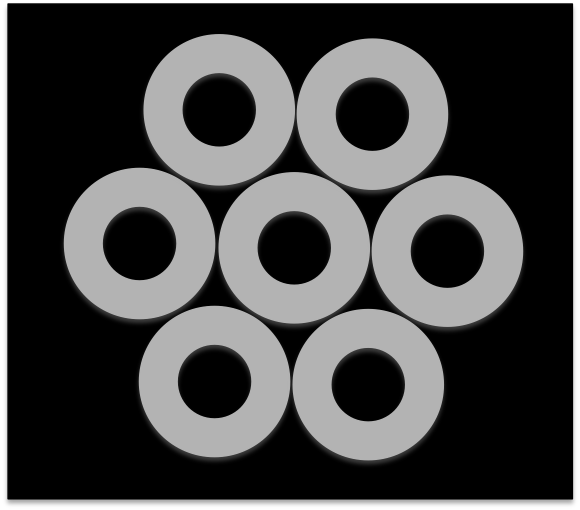Team
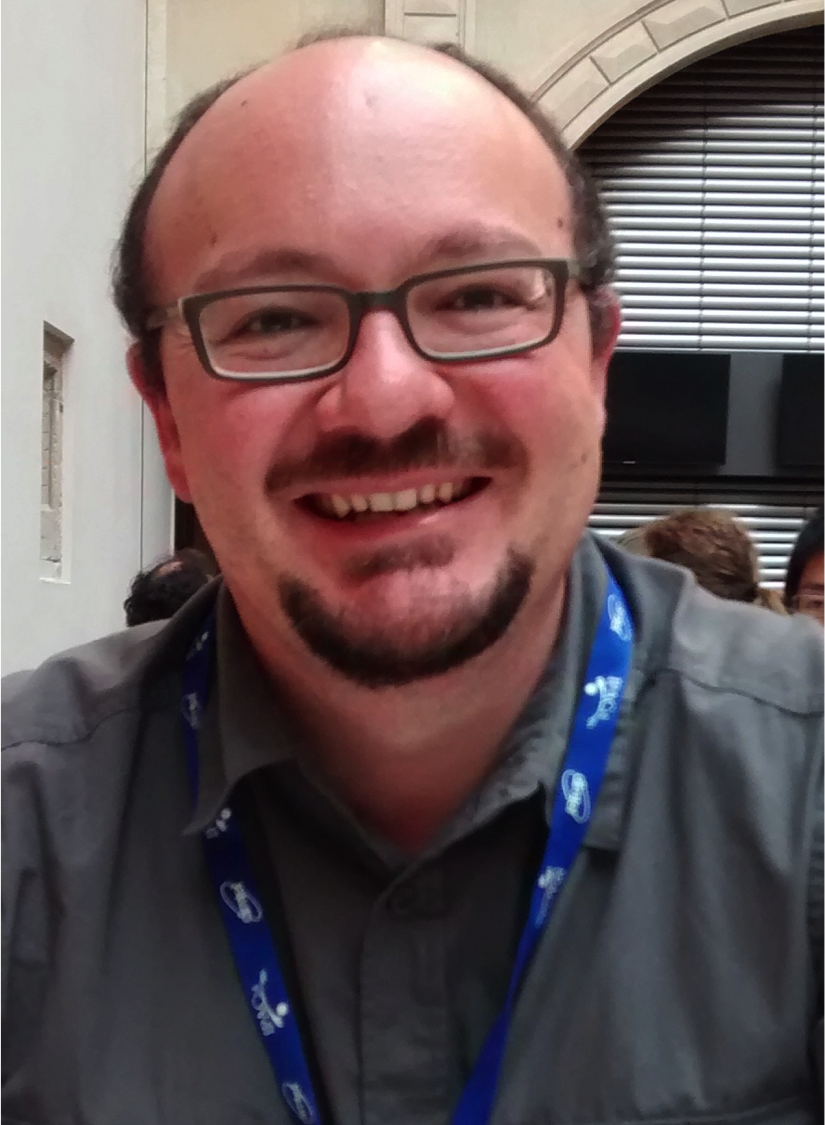
Javier Resta López
Principal Investigator
Javier Resta received his degree in Physics (“Licenciatura”) from the University of Valencia (Spain) in 2001. Then, he moved to Mainz University (Germany) where, in 2003, he obtained a “Diplomarbeit” in Theoretical Nuclear Physics. In 2004, he was awarded with a doctoral fellowship from CERN. His PhD thesis was focused on the design and performance characterisation studies of nonlinear collimation systems for both circular (e.g. LHC) and linear (e.g. CLIC) colliders. After obtaining his PhD in Accelerator Physics with “Summa cum laude” from the University of Valencia in 2007, Dr Resta worked as a Postdoctoral Researcher at different prestigious international institutions: John Adams Institute for Accelerator Science (JAI), Oxford University; the Instituto de Física Corpuscular (IFIC) under the umbrella of a “Juan de la Cierva” fellowship; and the High Energy Accelerator Research Organization (KEK) in Tsukuba, Japan.
In 2014, Javier joined the University of Liverpool within the framework of a Marie Curie Intra-European Fellowship for experienced researchers. He conducted Beam Physics research to better understand the Beam Dynamics in low energy antiproton and ion storage rings towards the performance optimisation of existing and new antimatter facilities. In 2017, Javier was promoted to the position of Research Coordinator and Deputy Leader of the Quantum Systems and advanced Accelerator Research (QUASAR) Group at the University of Liverpool and Cockcroft Institute. He has led a wide-ranging R&D portfolio, including advanced beam dynamics studies, beam diagnostics and novel particle acceleration techniques.
Since July 2020, Dr Resta is a Distinguished Researcher (Plan GenT) at the Institute of Materials Science of the University of Valencia (ICMUV).

Jorge Giner Navarro
Senior Researcher
Dr. Jorge Giner Navarro graduated with honors in Physics from
the Universitat de València in 2012 and completed his Master's degree in
Advanced Physics in 2013 at the same university. Later, he was awarded a
doctoral student fellowship at CERN from 2013 to 2016 to carry out his
thesis, attached to the Accelerator Physics Group of the Instituto de
Física Corpuscular (IFIC) and the Universitat de València. His thesis,
defended in 2017, focused on phenomenological studies of vacuum
breakdowns in high-gradient, high-frequency compact accelerator
structures with applications in future linear colliders and medical
hadron therapy accelerators. For this, he had direct collaboration with
the Compact Linear Collider (CLIC) project and the development of the
new high-power facilities at IFIC-IFIMED. In 2017, he obtained a
postdoctoral scholar contract at the University of California Los
Angeles (UCLA), and between 2019 and 2024 he belonged to the Accelerator
Unit of the Centro de Investigaciones Energéticas Medioambientales y
Terrestres (CIEMAT). Since 2024, he is part of the NOVAS group at the
Instituto de Ciencia de los Materiales de la Universitat de València
(ICMUV) as a senior postdoctoral researcher.
He had an excellent education from distinguished schools in the field of
Particle Accelerators such as the Joint Universities Accelerator School
(JUAS), CERN Accelerator School (CAS), and the Linear Collider School.
Among his extensive experience as an Accelerator Physicist, highlights
include his work in designing, manufacturing, and experimentally
validating accelerator structures and RF components, conducting particle
beam tracking simulations, developing beam diagnostic systems, and
operating accelerator lines for experiments.
Hüsnü Aksakal
Senior Researcher
Hüsnü Aksakal received his degree in Physics from Fırat University, Elazığ, Türkiye, in 1997. He then completed his master’s degree in 2000, specializing in plasma physics with a focus on ionospheric plasmas. Following this, he pursued his PhD at Ankara University, during which he also contributed to research at CERN’s CLIC Test Facility.
In 2008, he obtained his PhD with a dissertation on gamma-proton colliders based on the CLIC and LHC frameworks. His research has spanned various domains in accelerator science, including ion trapping and nuclear fusion, leading to multiple publications in these fields.
Currently, Prof. Aksakal is a faculty member at Kahramanmaraş Sütçü İmam University and a researcher at the Institute of Materials Science of the University of Valencia (ICMUV). His work focuses on novel accelerator concepts, particularly those utilizing carbon nanotubes for advanced particle acceleration.
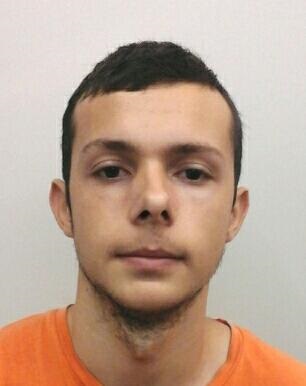
Pablo Martín Luna
PhD student
Pablo Martín Luna graduated with honours in Physics from the Universitat de Valencia (UV), Spain, in 2020. During his studies he obtained a collaboration grant with the Department of Applied Physics and Electromagnetism. During 2020-21 he received his Master’s degree in Advanced Physics (specialisation in photonics) from the UV, a JAE INTRO 2020 scholarship for training in the IRIS group of IFIC in Valencia and a grant for research collaboration in IFIC. Moreover, he obtained the 4th place in PLANCKS 2021, an international physics competition for bachelor and master students.
He has worked in numerical simulations of the relativistic dynamics of charged particles in electromagnetic fields using the Boris method. Currently, he is a PhD student with a FPU2020 grant in order to explore novel particle acceleration techniques using carbon nanostructures.
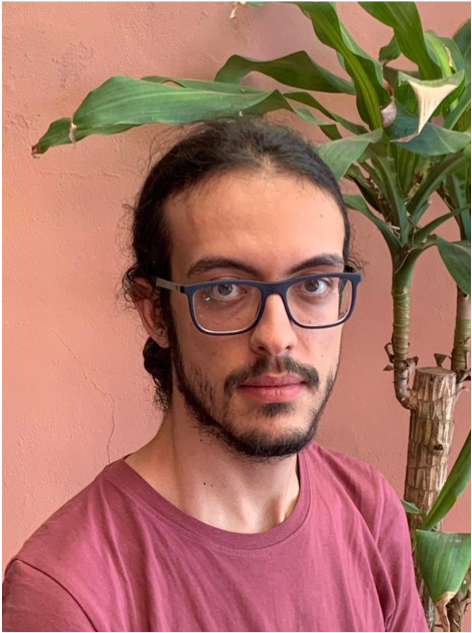
Juan Rodríguez Pérez
PhD student
Juan completed his bachelor's degree from the University of Valencia (UV) in 2021. Thereafter, in 2022 he went on to earn a a master's in Advanced Physics, specializing in theoretical studies. Throughout his academic journey, he addressed challenges in theoretical physics, notably resolving the 2D Ising model using methods from Onsager, Kaufmann, and Baxter, and investigating analogous radiation models in acoustic black holes.
In the past, Juan also collaborated with the PhysioMRI group at the Universitat Politècnica de València (UPV), where he developed a Python software from the ground up to interpret raw data from pioneering mT MRI scanners, producing clear images.
As a PhD student at the University of Valencia, Juan carries out research on Laser Wakefield Acceleration (LWFA) with structured inhomogeneous high density plasmas.
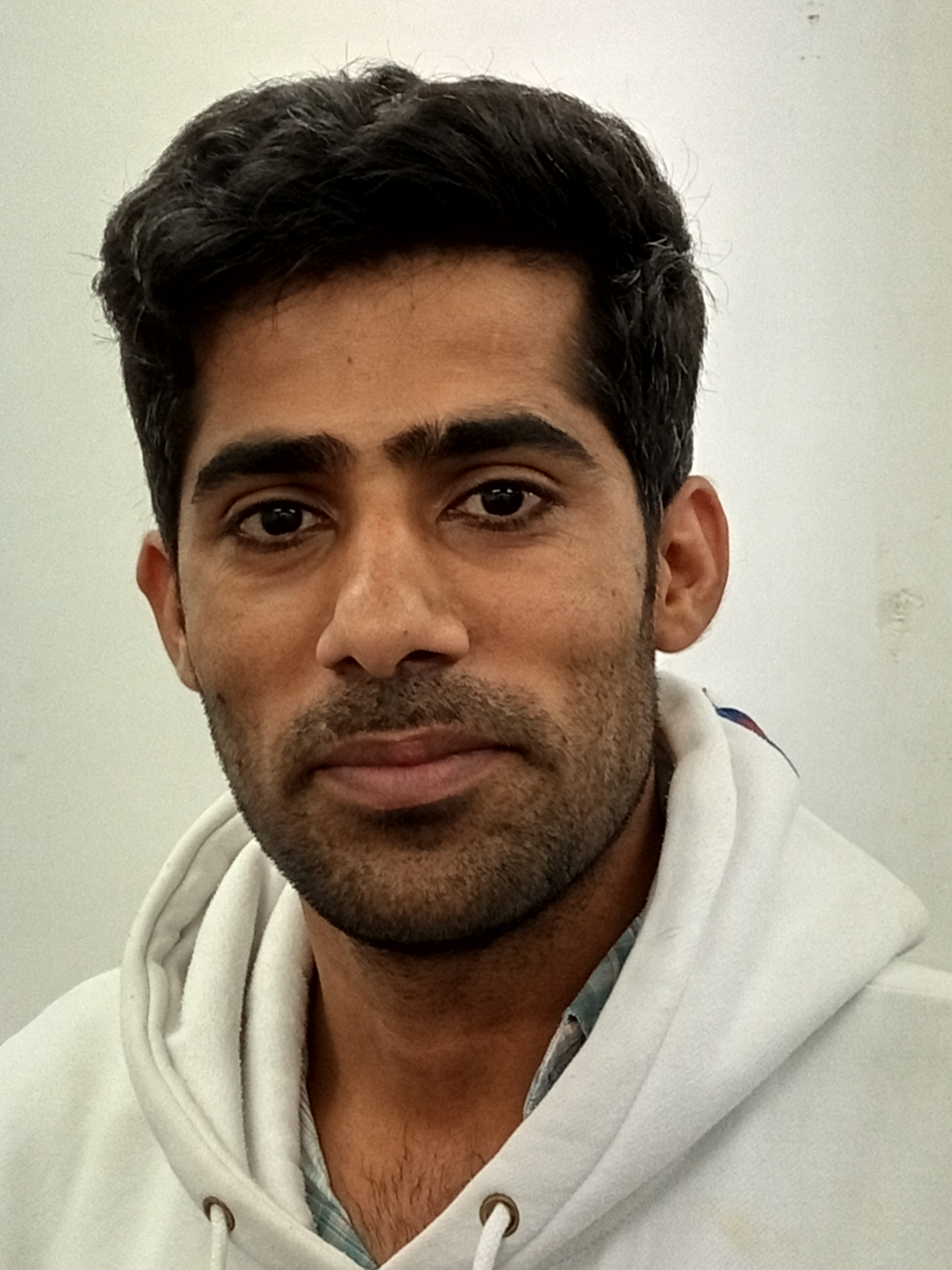
Fazel Taft
PhD student
Fazel is a nuclear engineer who specialises in radiation applications. In 2017 he obtained his master's degree from Amirkabir University of Technology (Tehran Polytechnic), where he received a scholarship to work on beam dynamics and magnet design of a cyclotron for PET imaging as part of a national project in Iran. He has also collaborated with research groups from the Joint Institute for Nuclear Research (JINR) in Dubna, Russia, and the Alceli company on the development of a new accelerator for proton therapy.
Fazel's PhD project at the University of Valencia focuses on the optical design and beam dynamics studies of the novel ISOLDE Superconducting Recoil Separator (ISRS).
